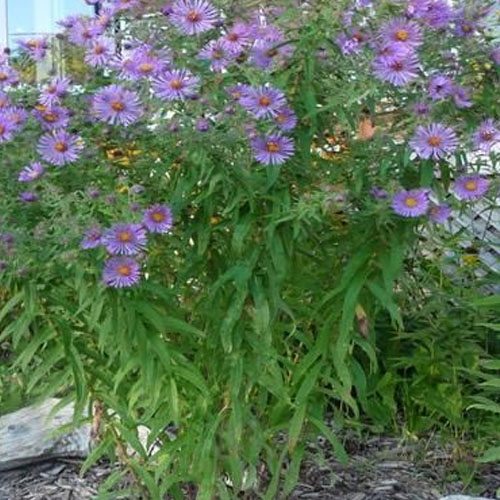Astar Plants
Astar is a term that might be used locally or regionally, and there isn’t a widely recognized plant by that name. However, there are a few possibilities that could relate to what you’re referring to:
1. Aster Plants:
Aster plants are popular for their bright, star-shaped flowers and are commonly used in gardens for their vibrant colors and long blooming period.
-
Features:
- Flowers: Come in a variety of colors, including pink, purple, blue, white, and red. The flowers resemble daisies and can be single or double-flowered.
- Growth Habit: They are typically upright perennials with a bushy appearance.
- Height: Varies by species, typically ranging from 1 to 3 feet tall.
-
Care Tips:
- Sunlight: Prefer full sun to partial shade.
- Soil: Well-drained, fertile soil is best.
- Watering: Regular watering, allowing the soil to dry out between waterings.
- Fertilizing: Balanced fertilizer during the growing season.
- Pruning: Deadhead flowers to promote continuous blooming.
-
Uses: Ideal for garden beds, borders, and containers. They attract pollinators like bees and butterflies.
2. Astelia Plants:
Astelia is a genus of evergreen perennials, known for their ornamental foliage. They are sometimes referred to by local names that might sound similar.
-
Features:
- Leaves: Typically sword-shaped, with a striking texture and color.
- Height: Usually grows between 2 to 4 feet tall.
-
Care Tips:
- Sunlight: Prefer full sun to partial shade.
- Soil: Well-drained soil is important.
- Watering: Regular watering, especially during dry periods.
- Fertilizing: Use a balanced fertilizer in the growing season.
-
Uses: Often used in landscaping for their unique foliage and structural appearance.


